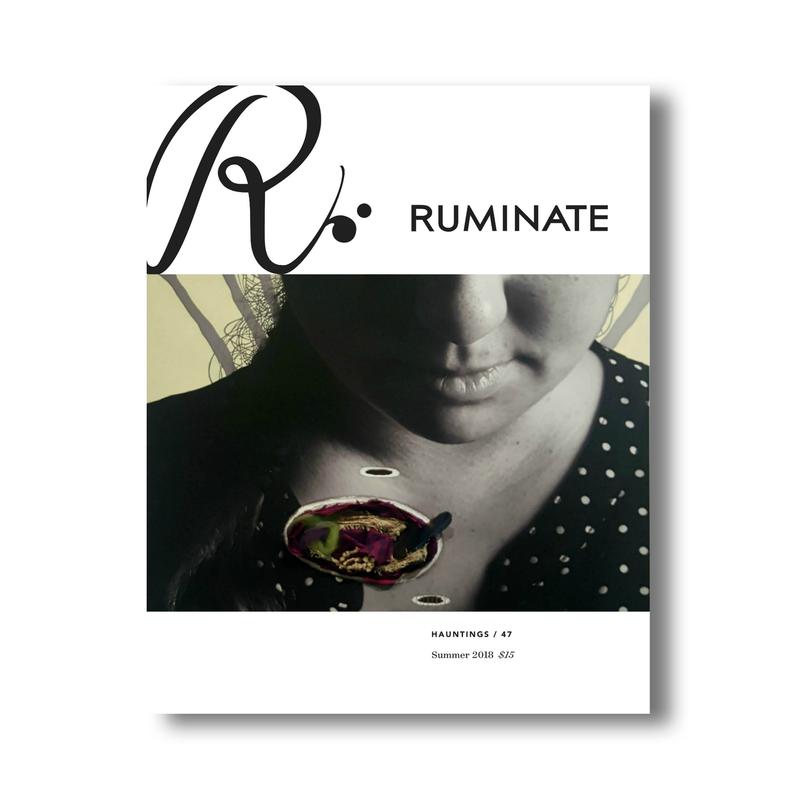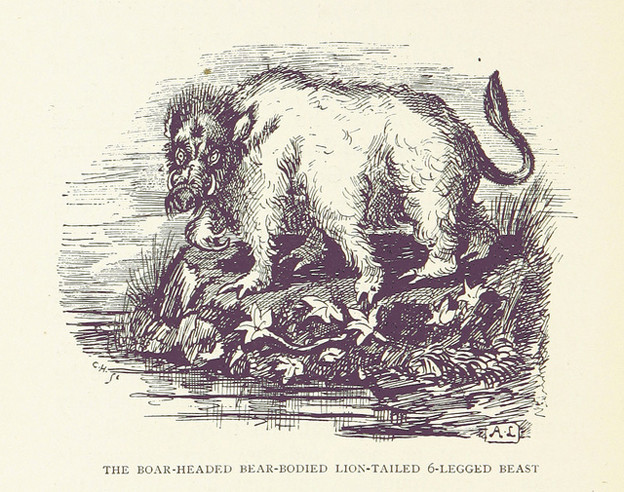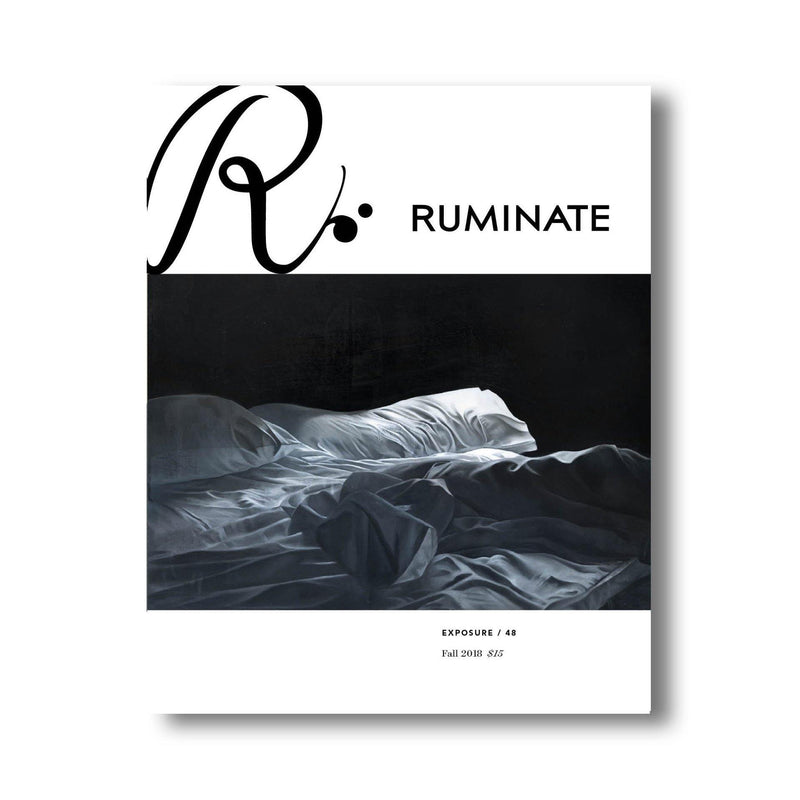Thanks to everyone who came out to the New Nuclear Criticism panel at MLA 2019! Here’s the archived page with more information about the panels and speakers.
Matter Monthly
Two poems up in the November issue of Matter Monthly! I call “Lines Written After Crisis” a disarticulated sonnet and “Post-“ a residual sonnet.
As if speech were a carcass / mounted upon a wall
Were your caress a revolution that could // make a tyrant fall
Yield Architecture
 I loved reviewing Jake Syersak’s debut poetry collection, Yield Architecture for Colorado Review:
I loved reviewing Jake Syersak’s debut poetry collection, Yield Architecture for Colorado Review:
Yield Architecture, the debut full-length collection from Jake Syersak, is an unyielding investigation of how linguistic and material structures intersect to shape one’s perception of reality. “Yield” here connotes both productivity and acquiescence: the measured output of machine and human as well as the softening of resolve, the point at which one gives in to a structure rather than resisting it. A poem, of course, both yields to and yields its own architecture: revising, incorporating, and resisting forms and ghosts of forms that necessarily populate it. Read the rest.
The Beast That Therefore I Am
Eight poetry collections published in the past four years turn to the beast as an alternative way of inhabiting the world. This beastly turn has ontological, political, and aesthetic implications for how we theorize the relationship between poetry and personhood (and all of its Enlightenment-era baggage). This review explores both the impetuses and outcomes of these beast-filled encounters but stops short of offering a grand theory of “the beast,” as such a move would undermine the motivating reasons for embodying and embracing beasts as kin.
Finalist, Omnidawn 2018 Chapbook Contest
Very excited that “Diurne,” a procedural project I wrote while in residency at Vermont Student Center in summer 2017, was one of five finalists in the 2018 Omnidawn chapbook contest. Read more about “Diurne” here.
Editors Ruminate: On the Poetry of Exposure
“A vulnerability index measures exposure. In climate science, it estimates the resiliency of communities that will bear the brunt of rising temperatures and seas. In social work, it identifies who should be prioritized for services according to their health and fragility. In the financial sector, it gauges a consumer’s level of economic insecurity and stress. In all cases, to be exposed is to be subject to harm.”
Read more about the poetry of Exposure & order your copy today. (25% of all proceeds will go to a local sexual assault victims advocacy center (SAVA).
2018 Celeste Turner Wright Poetry Prize
My poem “unfield,” which won the 2018 Celeste Turner Wright Poetry Prize at UC Davis, is now online at the Academy of American Poets website. This poem is also pretty representative of the concerns in my forthcoming book, Fossils in the Making.
The poem I amwriting is not a fieldin which I findor do not find myself. There is no fillingof graves with dirt, no trans-posing of blood and earth.
Diurnal Writing
 I wrote about my procedural project, “Diurne,” for Rob Mclennan’s Small Press Writing Day project.
I wrote about my procedural project, “Diurne,” for Rob Mclennan’s Small Press Writing Day project.
“Writing “Diurne” helped me debunk the myth of lyric immediacy I often confronted in poetry by making the writing process durational rather than inspirational, work rather than epiphany. It was a project weighed down by mediation, that often had to muse upon its own making as a way to pass the time, that could not erase the traces of labor that kept it pinned to the ordinary.”
Read the rest here
Editors Ruminate: Hauntings
 As I sit down to write this reflection, I feel an overwhelming sense of dread. Not for the task at hand, but for the future. Is this what haunting is? I’ve never been one to believe in ghosts, at least not how they tend to be portrayed in movies and books. Specters don’t confine themselves to our simple dichotomies of absence and presence, life and death. They are both and they are between. Haunting is an atmosphere produced by these intra-worldly beings: specters of past lives, of present violence, of the seemingly unalterable conditions of what world will be. The four long poems in this issue will haunt you. You will see in them the faces of children who have been relegated to sacrifice zones; how the smallest measure of matter becomes the destroyer of worlds; how a home buckles under the weight of its history.
As I sit down to write this reflection, I feel an overwhelming sense of dread. Not for the task at hand, but for the future. Is this what haunting is? I’ve never been one to believe in ghosts, at least not how they tend to be portrayed in movies and books. Specters don’t confine themselves to our simple dichotomies of absence and presence, life and death. They are both and they are between. Haunting is an atmosphere produced by these intra-worldly beings: specters of past lives, of present violence, of the seemingly unalterable conditions of what world will be. The four long poems in this issue will haunt you. You will see in them the faces of children who have been relegated to sacrifice zones; how the smallest measure of matter becomes the destroyer of worlds; how a home buckles under the weight of its history.
What Nature: a special issue by Boston Review
My poem, “Proof of Hunger” has been included Boston’s Review’s special issue, which has both print and online counterparts.
“What Nature,” as Eds. Timothy Donnelly, BK Fischer, and Stephania Heim explain in their introduction, includes poems that “were not written because poetry can save the Earth. They are themselves far cries: urgent calls for rethinking our place on an imperiled planet. Read more here.


